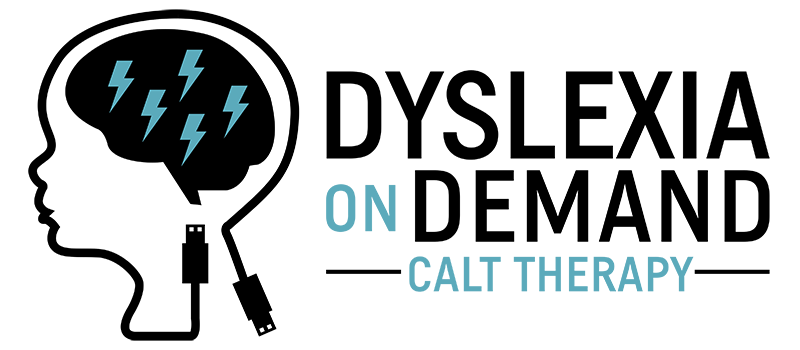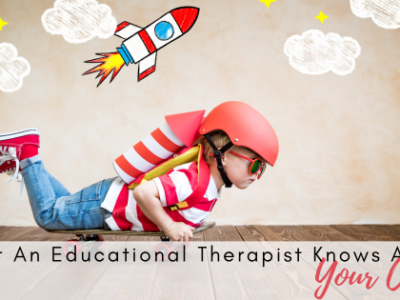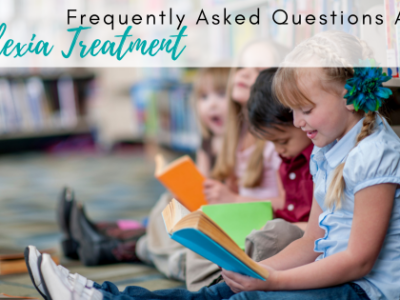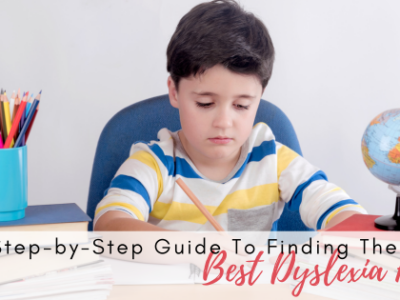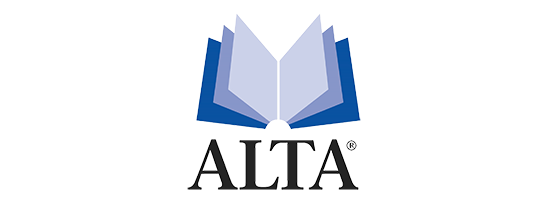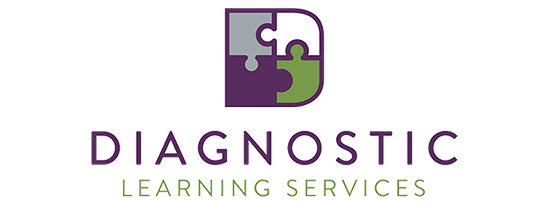Parent Advocacy During COVID
Unchartered Territory? You can say that again! COVID-19 has thrust a whole new world of setbacks, and possibilities, on our entire nation and this world. As much as we want to find the silver lining of this global pandemic, it is an understatement to say that managing our special needs students’ education from home has been an extreme challenge. Many parents have been forced to manage their children’s instruction from home while also balancing their work and other responsibilities. For many parents, it has thrust them into the sobering reality of their child’s academic struggles. It has brought to light the severe need for dyslexic accommodations for virtual learning, which as typically, non-existent.
The good news is that this huge “pivot point” for our nation has forced schools, districts, and states to rethink education! As we are forced into changing the way in which we operate, we are opening up more and more possibilities for our future. Unfortunately, along with any pioneering which has occurred in history, those who typically lose are the guinea pigs. As we learn more, we strengthen, but it generally takes more and more people being the squeaky wheel and making their needs heard.
As a parent with a child with dyslexia, this is NOT the time to sit on your laurels and wait for the school to provide your child what they need in the virtual education environment. Regardless of the anomaly of a global pandemic, federal law still requires schools to provide an appropriate education for children with an IEP or a 504 plan. This includes the accommodations they were receiving during face to face, classroom instruction. They are NO federal waivers to the Individual with Disabilities Acts (IDEA) or Section 504 of the Rehabilitation Act of 1973. What this means is that all services lined out in a students’ IEP must still be upheld regardless of the classroom setting.
If your child is currently receiving his or her services in any abbreviated manner than what is defined in their Individual Education Plan (IEP), you have a very solid leg to stand on and you have every right to speak up! Never be afraid to speak up as an advocate for your child. Parents of children under the special education umbrella have many more rights than they ever imagined, and they are equally intact now as they were in February 2020. Open dialogue should be occurring with your child’s school in order to ensure their IEP is still intact in a virtual environment, regardless of the challenge the school faces in delivering the details.
In case you were not aware, Congress passed the Coronavirus Aid, Relief, and Economic Stimulus (CARES) Act, allocating around $31 billion to states and school districts to help soften the challenges of the COVID in the educational arena. States and districts have flexibility on how they use this funding, and the details of how to allocate these funds are not outlined. Your voice matters more than ever to ensure those funds are used appropriately and your child’s support funds are distributed equitably.
Students with learning disabilities and attention issues need more individualized attention and specialized support that their peers without disabilities to meet grade level standards. Do not be scared to approach your administration and ask how they are allocating their CARE Funds. Interventionists are a great use of the monies so that more bodies are present to assist in directly targeting special education and 504 students for the more individualized instructional needs.
Lastly, don’t forget that data is one of your most powerful tools in order to gain the services your child needs. Although we want to trust all schools and teachers have our children’s best interest at heart, we always need to remember that parents are also a key critical part of the educational team. Virtual learning is a great opportunity to also collect as much data as possible to report how your child is faring in the new learning environment. When virtual learning first began, it was often a sobering moment for may parents as they learned the true deficit their child was in versus solely relying on the word of their teacher. Collect your own data, anecdotal comments all the way through to hard numbers, in order to prove whether your kiddo is receiving the proper combination of services they need to experience success. This can help you either feel confident in staying the course and or effectively advocate for future services that meet your students needs. You can also gain a better understanding of how schools collect and use data going forward with the info you collect in just a few minutes each week.
For more information on this topic, visit https://www.ncld.org/wp-content/uploads/2020/06/2020-NCLD-Parent-Advocacy-Toolkit_v2.pdf
